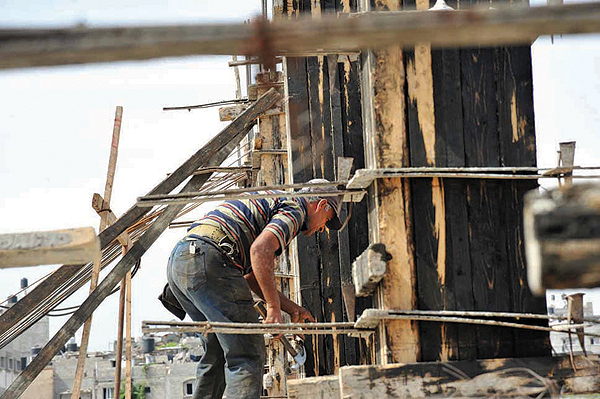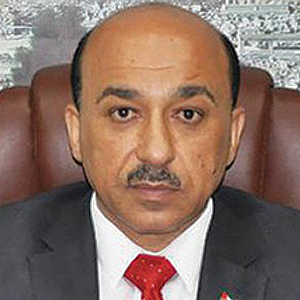
Since the National Consensus Government took office in March 2014, it has been focusing its efforts on the urgent needs of the Palestinian population and the repair and reconstruction of the development and services sectors that were subjected to the Gaza 2014 hostilities, in addition to national and community reconciliation efforts and the preparation for presidential and legislative elections. While focusing on these three objectives, the government has been faced with tremendous challenges in terms of mobilizing resources and monitoring the implementation of the reconstruction and recovery programs over the past three years.
Despite the fact that the pace of reconstruction is relatively satisfactory, whereas around 75 percent of the housing reconstruction needs have been made, in addition to covering the repair of other infrastructure sub-sectors such as water, electricity, health, and education, there are some sectors that have received little reconstruction and repair assistance, such as the economic sectors of agriculture, trade, industries, etc. The economic and private sub-sectors create sources of sustainable jobs, which contribute substantially to alleviating the effects of unemployment and creating niches for economic stability and growth.
In addition to covering the gaps of the damage repair and reconstruction needs of the economic and private sectors, there are many challenges that require immediate attention and support. There are several critical sectors that must be considered as priority targets for development assistance while finalizing the reconstruction of the housing and economic sectors and sub-sectors. Electricity, for example, represents one of the most deteriorating sectors as the current supply represents only 40 percent of the needed 500 megawatts of electricity for the whole Gaza Strip. The Palestinian government has been exerting all possible efforts to improve the electricity supply and solve the serious electricity shortages in Gaza. People and goods should be granted free movement and access after ten years of blockade. In addition, the implementation of the water desalination plant needs to start, while not forgetting that, according to the World Health Organization, more than 90 percent of the water in Gaza is unsuitable for human consumption. This and other water desalination projects have been on the top of the government agenda in order to solve the critical water situation in the Strip.
Unemployment also requires long-term solutions through mainly supporting the expansion and diversification of private local and foreign investments. Other sectors such as health, education, youth, and psychosocial support, etc. are essential components of the development agenda of the Palestinian government in the Gaza Strip beyond reconstruction requirements and needs.
♦ The Arab and international donor countries have been supporting the Gaza reconstruction process, and without their future support of the medium- to long-term development priorities, the potential of achieving sustainable development, growth, and social cohesion will be challenged.
The Israeli blockade on the Gaza Strip for the past ten years has seriously affected the possibility of creating real and sustainable development, as it not only affects the availability of construction materials required for rebuilding Gaza but rather the overall movement and access of people and goods, which represents the main obstacle towards improving the living and economic conditions of the Gaza population, thus contributing to increased poverty and hence radicalism and extremism. The continuation of the existing harsh and inhumane conditions in the Gaza Strip will lead to higher risks of instability and potential violence, which will have an adverse impact on the Gaza population.
» H.E. Dr. Mufeed Al Hassayna was born in Gaza 1964. He is currently the Minister of Public Works and Housing in the Palestinian National Consensus Government. He is also a member of national dialogue sessions in Cairo and was the head of the New Jersey University Student Union from 1984–1987. He holds a PhD in engineering from the United States, and he has supervised many important projects in Gaza, in addition to the reconstruction process, as he was assigned to the Minister of Public Works and Housing following the 2014 war.


